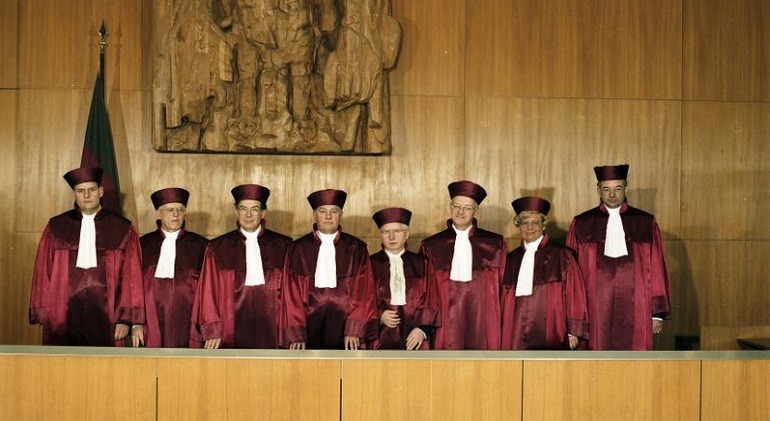

On May 5, 2020, the Federal Constitutional Court of Germany (“Constitutional Court”) delivered a judgment approving several constitutional complaints. The complaints pertain to the Public Sector Purchase Program (“PSPP”) and allege that it violates the prohibition of monetary financing under Article 123 of the Treaty on the Functioning of the European Union (“TFEU”) and the principle of conferral provided for in Art. 5(1) of the Treaty on European Union (“TEU”). It is important to note that the European Court of Justice ruled on the matter on December 11, 2018, stating that the PSPP did not violate the funding ban.
Two years later and contrary to the ruling of the European Court of Justice, the Constitutional Court, interpreting provisions of TFEU, ruled that the Federal Government and the Bundestag had infringed the applicants’ rights guaranteed by Article 38 in conjunction with Articles 20 and 79 of the Basic Law of the Federal Republic of Germany (Grundgesetz). The decision was expounded by the fact that both the Federal Government and the Bundestag failed to find that the European Central Bank, in its decisions on the adoption and implementation of the PSPP, neither assessed nor reasoned that the measures envisaged met the principle of proportionality and therefore the Constitutional Court concluded that the European Court of Justice’s ruling was ultra vires.
Additionally, the Constitutional Court emphasized that it is not bound by the ruling of the European Court of Justice, and that the European Court of Justice imposed a restriction on itself and has in turn limited its judicial review to assess whether there was a “manifest” error in the European Central Bank’s assessment, does the PSPP “clearly” exceed what is necessary to achieve the goal, and whether its shortcomings are “clearly” disproportionate to the goals that are set to be achieved.
In the statement issued on May 6, Italian Prime Minister Giuseppe Conte emphasized the independence of the European Central Bank, and that no national court, not even a constitutional court, has jurisdiction to seek justification for its action.
While the implications of this at the very least surprising decision remain to be seen, it is important to note that this decision does not affect the EUR 750 billion economic aid program adopted by the European Central Bank in the wake of the coronavirus pandemic.
Author: Suzana Dončić, Jelena Jovanović and Žarko Popović